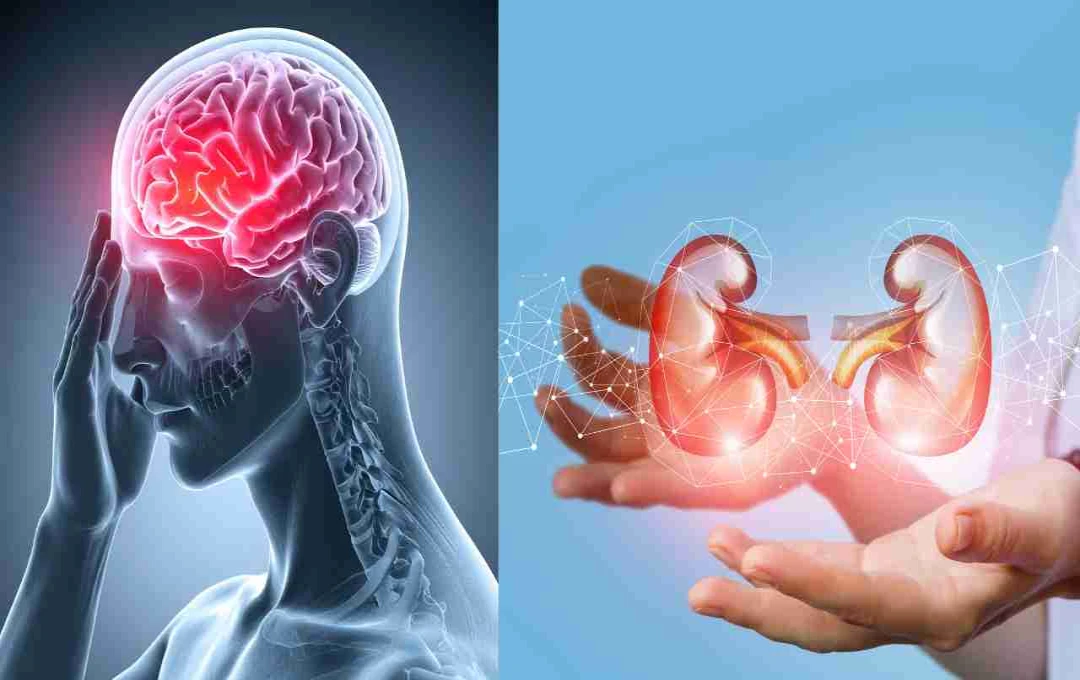Poor gut health can lead to issues like gas, constipation, fatigue, and skin problems. Experts say that a balanced diet, fruits, vegetables, whole grains, and fermented foods are helpful in improving gut health. Conversely, processed, oily, and excessively salty foods weaken the intestines.
What to Eat and What to Avoid: In today's fast-paced life, the increasing consumption of ultra-processed foods is severely impacting people's gut health. Heartburn, gas, bloating, constipation, and fatigue are common symptoms. Experts say that including fresh fruits and vegetables, whole grains, yogurt, and other fermented foods in the diet strengthens the gut microbiome. At the same time, it's essential to avoid processed foods, oily diets, and artificial sweeteners to keep the digestive system healthy and maintain the body's immunity.
Why Gut Health is Important
Gut health is directly related to our digestive system, immune system, and mental well-being. Billions of microorganisms, known as good bacteria, reside inside the stomach. These bacteria play a vital role in keeping the body healthy. When gut health deteriorates, the body's microbiome weakens, leading to digestive problems.
Symptoms of Poor Gut Health

If your digestive system isn't working correctly, the body gives certain signals. Ignoring these can worsen the problem.
- Heartburn.
- Gas in the stomach.
- Bloating.
- Constipation.
- Frequent diarrhea.
- Constant fatigue.
- Skin rashes or breakouts.
All these symptoms indicate that your gut health has deteriorated, and it's essential to pay attention to your diet.
How to Improve Gut Health
The intestines can be kept healthy with the right diet and balanced nutrition. Eating different types of foods provides the body with essential nutrients and keeps the intestines functioning properly.
What to Include in Your Diet
Fruits and Vegetables
Fruits and vegetables are rich in fiber. They improve digestion and help keep the stomach clean. Try to eat five to seven servings of fruits and vegetables a day. Include different colors on your plate; this is called the rainbow diet. Fresh fruits and vegetables are best, while frozen items should be avoided.
Whole Grains
Whole grains are beneficial for gut health. They are high in fiber. Include them in your diet.
- Oats.
- Barley.
- Rye.
- Millet.
- Quinoa.
- Brown Rice.
- Fermented Foods
Fermented foods contain good bacteria called probiotics. These strengthen gut health.
- Yogurt.
- Kefir (a yogurt-like drink).
- Kombucha (fermented tea).
- Sauerkraut (fermented cabbage).
- Kimchi.
- Miso.
- Probiotics and Prebiotics
These increase good bacteria in the gut. Include these things in your diet.
- Garlic.
- Onion.
- Artichoke.
- Banana.
- Apple.
- Oats.
What to Avoid

Some things directly harm gut health. It's essential to avoid them.
- High-salt items like chips and processed meats.
- Packed foods that contain preservatives.
- Oily foods that can cause gas, indigestion, and diarrhea.
- Artificial sweeteners, which are difficult to digest.
Red meat should only be eaten twice a week because excessive consumption can increase the risk of heart disease.
Deteriorating Gut Health Due to Changing Habits
Nowadays, people sit and work for long periods, don't get enough sleep, and are under stress. All these things also affect gut health. An unbalanced lifestyle and a fast-food combination are the biggest enemies of the digestive system. This is why problems like gas, constipation, and bloating have become common.















